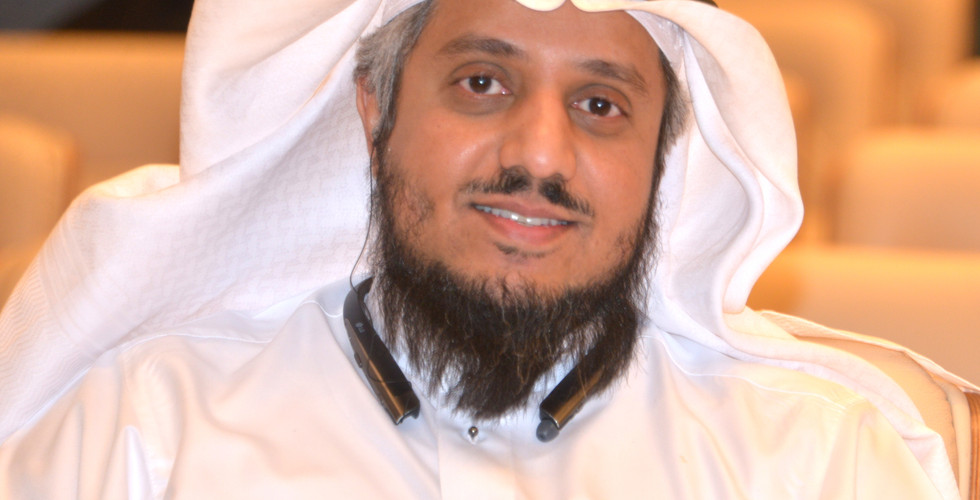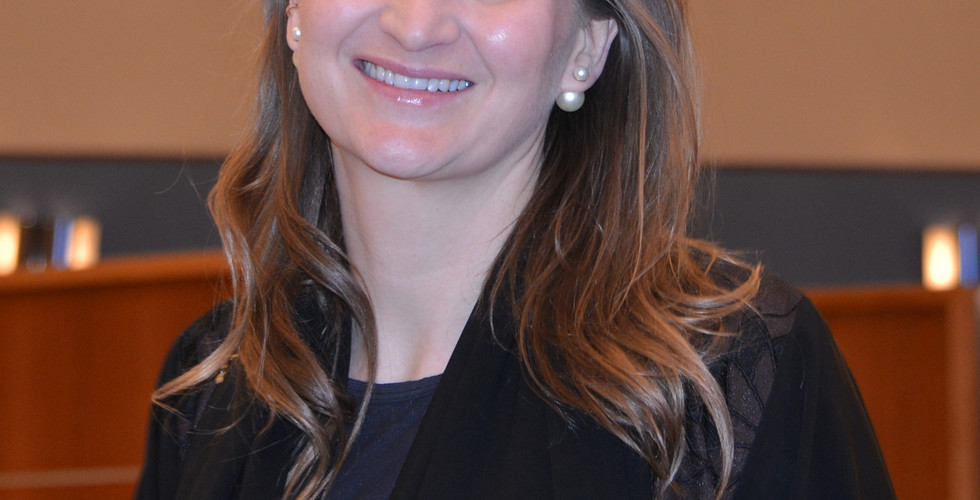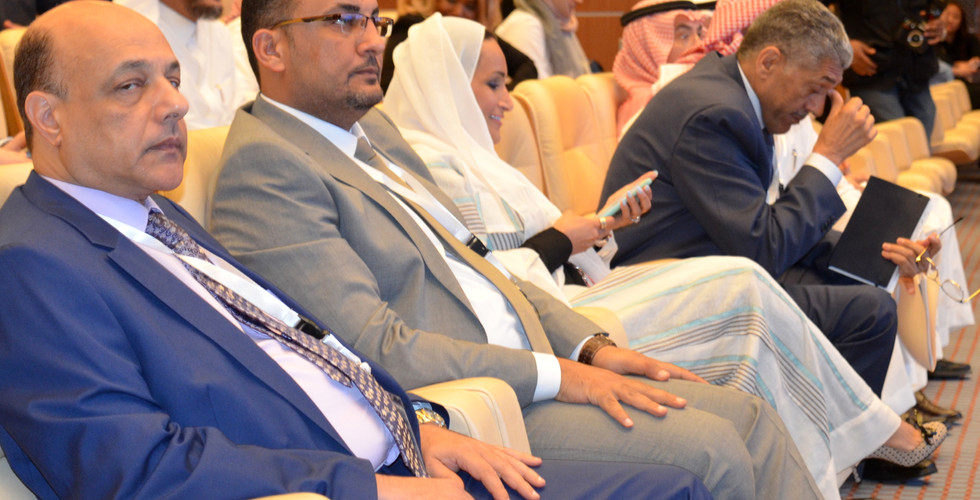Saudi-American Healthcare Forum Mapping the 2030 Transformation of the KSA Healthcare Sector: “The
- Society & Diplomatic Review
- Apr 29, 2017
- 4 min read


The growing concerns of Vision 2030 privatization and the impact of health on the bilateral economy are creating significant challenges for companies and healthcare professionals that need to import and export goods and services to thrive, or sometimes, survive.
On April 23-26, C3 Summit in collaboration with the Saudi-American Healthcare Forum (SAHF) under the patronage of H.E. Dr. Tawfiq bin Fawzan Al Rabiah, Minister of Health to the Kingdom of Saudi Arabia launched the annual three-day conference at the Ritz-Carlton Hotel in Riyadh.
The Saudi-American Healthcare Summit convened well-established health care professionals and reputable corporate health industry luminaries. Topics discussed, but not limited were:
-The Future of IT in Healthcare
-Women’s Health Issues in the U.S and KSA
-The importance of investing in R&D to transform healthcare in The Kingodm of Saudi Arabia
-The opportunities for Public-Private Partnerships investment in private hospitals and elite and state of the art nursing homes for a graying population
Saudi Arabia and the United States have been at crossroads of science and creativity in the world of healthcare innovation. Both countries share many common interests and interdependent economies. The Saudi-American Healthcare Forum explored the future in defining an agenda, based on realistic objectives, for continued healthcare innovations with a bilateral and international focus on research, technology, and education training. This year, the forum boasted 1,000 attendees taking part, with over 70 high-level speakers from both the private and public sectors, and 30 international exhibitors.
The cooperation between the USA and KSA regions has taken a major step forward with participation from the public sector, including: HRH Prince Faisal bin Bandar, Governor of Riyadh; H.E Minister of Health; the U.S. Department of State; the U.S. Embassy, the Centers for Disease Control and Prevention (CDC); and from the private sector with important sponsors like the Bill & Melinda Gates Foundation and Society & Diplomatic Review.
Other sponsors and participants were:
Harvard Medical School, Johns Hopkins Aramco Healthcare, King Fahd Hospital, University of Chicago, Desert Technologies, Huntsman Cancer Foundation, DaVita Healthcare, Squire Patton Boggs, Duke University, Aldara Medical Corporation, International Medical Center, World Health Organization, United Nations, U.S. State Department, U.S. Chamber of Commerce, Honeywell, and GeneDx.
Going forward in 2017, education, training, technology and innovation are the key elements of the forum focusing on building stronger partnerships and hopefully with aforeto sponsors again. This allows experts to identify the answers needed to many of today's pressing healthcare challenges. Panels were curated to tackle these challenges jointly, and to bring healthcare systems, physicians, scientists and entrepreneurs together to explore the solutions. The forum's theme focused specifically on reflecting the impact of population health on healthcare relations and education between the regions of KSA and USA.
Notable Speakers included:
-American Health Information Management Association (AHIMA) World Congress: Ms. Deborah Green, Executive Vice President and Chief Innovation and Global Services Officer
-Dell Corporation: Dr. Nick van Terheyden, Chief Medical Officer -Cleveland Clinic: Dr. Maan Fares, Vice Chairman -Johns Hopkins Aramco Healthcare: Dr. Daniele Rigamonti, Chief Executive Officer -DaVita International: Mr. Dennis L. Kogod, CEO, DaVita International -DaVita International: Senator Gary Hart, Advisor -IBM Watson Health: Mr. Dusty Majumdar, Chief Marketing Officer (reporting to Chairman, President and CEO Ginny Rometty) -Squire Patton Boggs: Mr. Stephen Nash, Partner & Co-leader of the Squire Patton Boggs Healthcare Practice Group -Bill & Melinda Gates Foundation: Mr. Hassan Al-Damlugi, Head of Middle East Relations -Emory University: Dr. Scott McNabb, Research Professor -Joint Commission International (JCI): Ms. Paula Wilson, President
-General Electric -International Organization for Standardization (ISO): Mr. Muneer Baig, Board Member; President and CEO SYSUSA
Although Saudi Arabia boasts the 19th highest GDP in the world, the country is an oil-based economy and seeks diversification. The Saudi-American Healthcare Forum hopes to have a significant impact in this area, growing the private sector while establishing the region as the leading source of advanced medical and technical services in the Arab world. The KSA has spent over $400 billion on social development and infrastructure since 2010 and is prepared to stake its claim on future industry, using "Project CODE" to bring together the world’s top minds to solve three of the region’s most pressing social challenges: healthcare, food security and homeland security.
Regarding healthcare, destinations such as the UAE have long-established partnerships with leading American and English hospitals to provide their citizens with the best medical care in the world. However, these services are very expensive and so are only available to the wealthy. For those unable to afford such healthcare, there are few options. Project CODE intends to develop a more scalable healthcare model, with doctors, medical device manufacturers and research experts actively working together to adapt and miniaturize state-of-the-art medical technologies to provide more affordable and accessible healthcare for all, regardless of economic class or location.
To accomplish this, Project CODE will invest into technologies with the greatest potential impact. Neurological diseases, for example, account for the fastest-growing segment of healthcare expense in the developed world, with conditions such as Alzheimer’s Disease, Parkinson’s Disease, dementia and depression being among the most common. Depression affects hundreds of millions of people across the world, and Alzheimer’s Disease is one of the most critical global health challenges facing our generation with over 35 million living with the disease. The number is expected to double by 2030 and triple by 2050, with over 115 million people affected.
Update 2020: This year the major topic will be on the discussion of the economic and health repercussion of COVID-19 on the world at large.
For more information on SAHF: http://www.sahf2030.com/2017/index.php
Photo Credits: Society & Diplomatic Review

















































































Comments